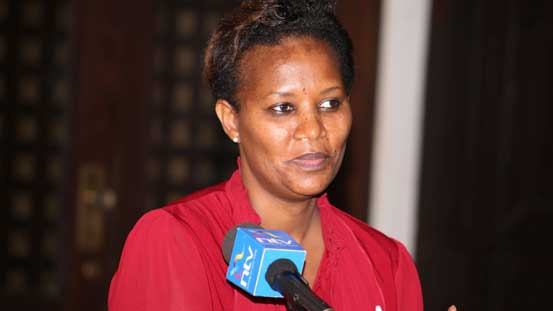×
The Standard e-Paper
Smart Minds Choose Us

MOMBASA, KENYA: The East Africa Community directorate of customs is calling on more private companies in the region to join the Authorized Economic Operator (AEO) programme to take advantage of the benefits that come with it.
The program was rolled out in 2015 to promote regulatory compliance, enhance trade facilitation and improve border security.







